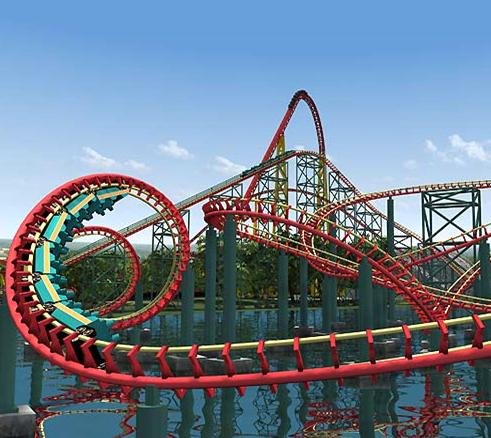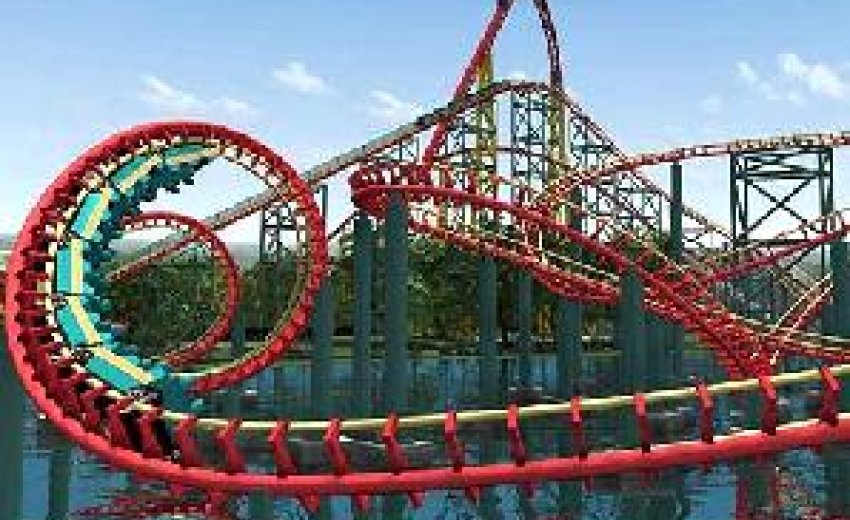 Living in Brooklyn, New York City as a turban-wearing Sikh, I attract plenty of negative attention from random strangers as well as the cops, which I’ve written about at length.
Fortunately, I also get some love and respect from time to time as I
walk or ride my bike in my neighborhood in central Brooklyn — especially
from Rastafarian men who don uncut dreadlocks, often wrapped up not so
differently than the gol pagh I wear, albeit usually much taller.
Living in Brooklyn, New York City as a turban-wearing Sikh, I attract plenty of negative attention from random strangers as well as the cops, which I’ve written about at length.
Fortunately, I also get some love and respect from time to time as I
walk or ride my bike in my neighborhood in central Brooklyn — especially
from Rastafarian men who don uncut dreadlocks, often wrapped up not so
differently than the gol pagh I wear, albeit usually much taller.
I don’t mean to make broad generalizations about a whole community, but it is worth mentioning that nearly every time I cross paths with a man who appears to be Rastafarian, without fail I get a shout out. ”Respect, brother,” or “Blessings, brother,” usually accompanied by a hand or fist on his heart. Living in a neighborhood with a large Caribbean population, I encounter this regularly (and reciprocate), which is a breath of fresh air in my day-to-day life, which involves no shortage of street harassment, dirty looks, and sometimes worse. I’m grateful for this genuine, simple act of human connection and solidarity.
I’ve talked to friends about this phenomenon as well as my brother who has had similar interactions with Rastafarians in Atlanta, GA where he lives. The consensus is that the connection might stem from a recognition of a mutual prioritizing of our spirituality, and in particular, our shared spiritual connection to our hair. Indeed, Rastafarians believe in keeping hair in its natural state, and many wrap up and cover their dreadlocks. Without overstating any similarities between two very different spiritual traditions, our shared commitment to keeping our hair (not to mention a shared commitment in fighting for justice) is striking.
Our respective commitments to our hair have been similarly met with discrimination— discrimination that threatens our right to practice our religions or express our identities freely, based on racist notions of what a “professional” hairstyle is.
Earlier today I received a Change.org petition today about a Black college student named MarKeese Warner who is being denied a summer job at Six Flags because of her dreadlocks. While she is not Rastafarian, her locks are nevertheless an important part of her identity. She states:
Locks are predominantly worn by African-American, Caribbean and African people as an expression of how our hair grows naturally. My hair is important to me and part of who I am. I’ve had locks for about five years. Being disqualified as a potential employee because of my hair made me feel defeated; as my hair is representation of my personal growth through the years. It hurts to hear major employers like Six Flags call my natural hair and texture “extreme.” Unfortunately, throughout history, many people have demonized locks.
Sounds familiar? Not long ago, young Sikh trumpet player Sukhbir Channa was told by Disney that he could not work there as a musician because his turban did not conform to the “Disney Look.”
Not surprisingly, hijabs don’t make the cut for the Disney Look either. In 2010, 26-year-old Imane Boudlal sued Disneyland for not allowing her to work as a hostess at Disneyland’s Grand Californian Hotel because of her hijab. “Disney…advised Boudlal that if she refused to remove her hijab, she could either work a back-of-the-house position where any customers would not see her, or else go home,” said her union spokesperson.
No dreadlocks at Six Flags, no turbans or hijabs at Disneyland (or Rye Playland). These massive institutions representing all things fun and adventurous are sending quite the disempowering message to Black, Sikh and Muslim youth. And of course, they represent just the tip of the iceberg when it comes to discrimination we face based on our articles of faith or culture. (For example, there is Kendall Gibson who has spent over a decade in solitary confinement because his refusal to cut his dreadlocks goes against prison grooming policies. His locks may apparently present a threat to himself or others. I’ve heard that same line before regarding my turban.)
We all have much work to do to organize our communities to challenge bigotry and discrimination at all levels, even on rollercoasters. Summer job-seeking MarKeese Warner is calling for support in the form of signing her petition and spreading the word about Six Flags’ blatant discrimination. Much respect and many blessings to MarKeese for not backing down to Six Flags’ rollercoaster racism. I hope her fight inspires many others like her — dreadlocked, turbaned, or hijabed — to challenge institutional bigotry.
